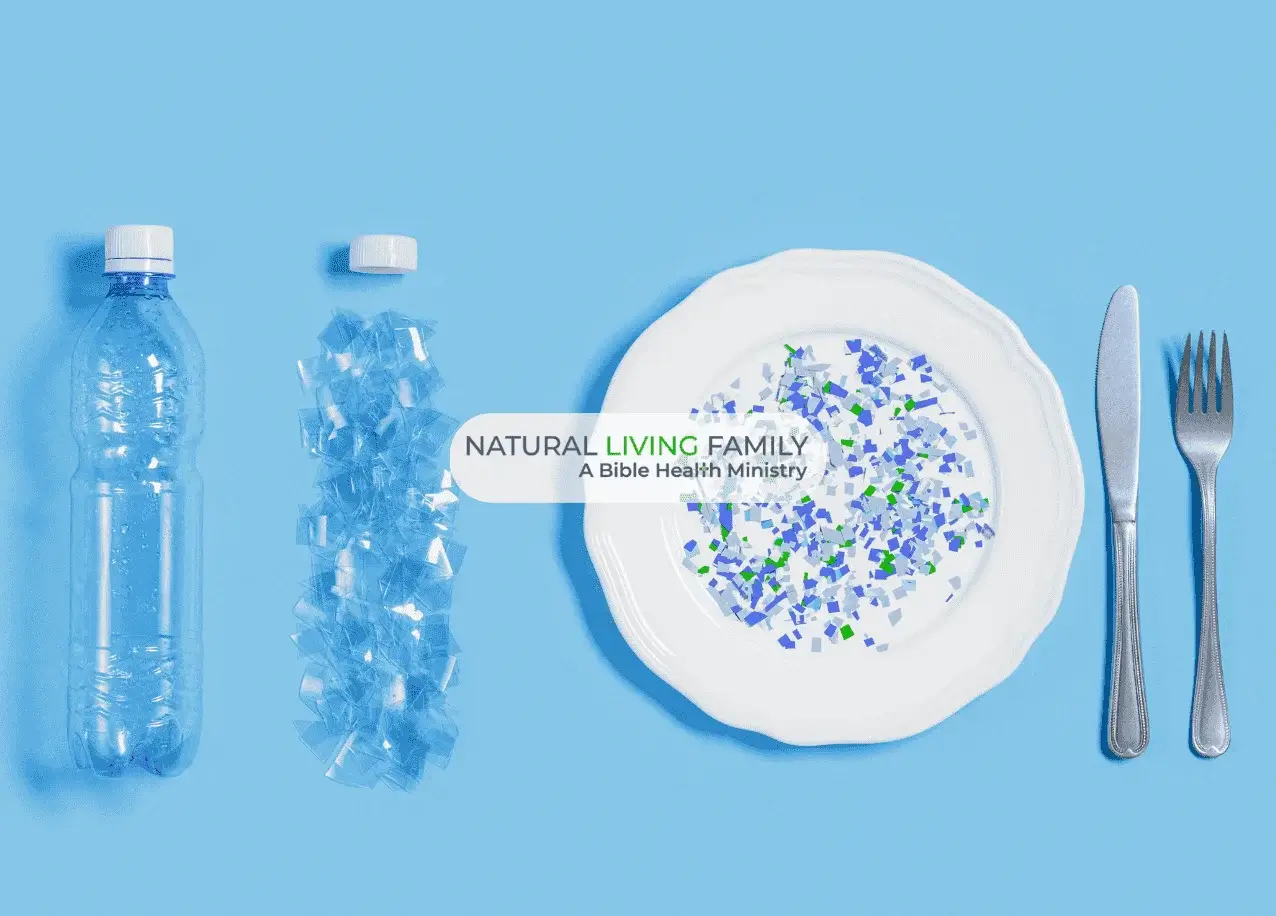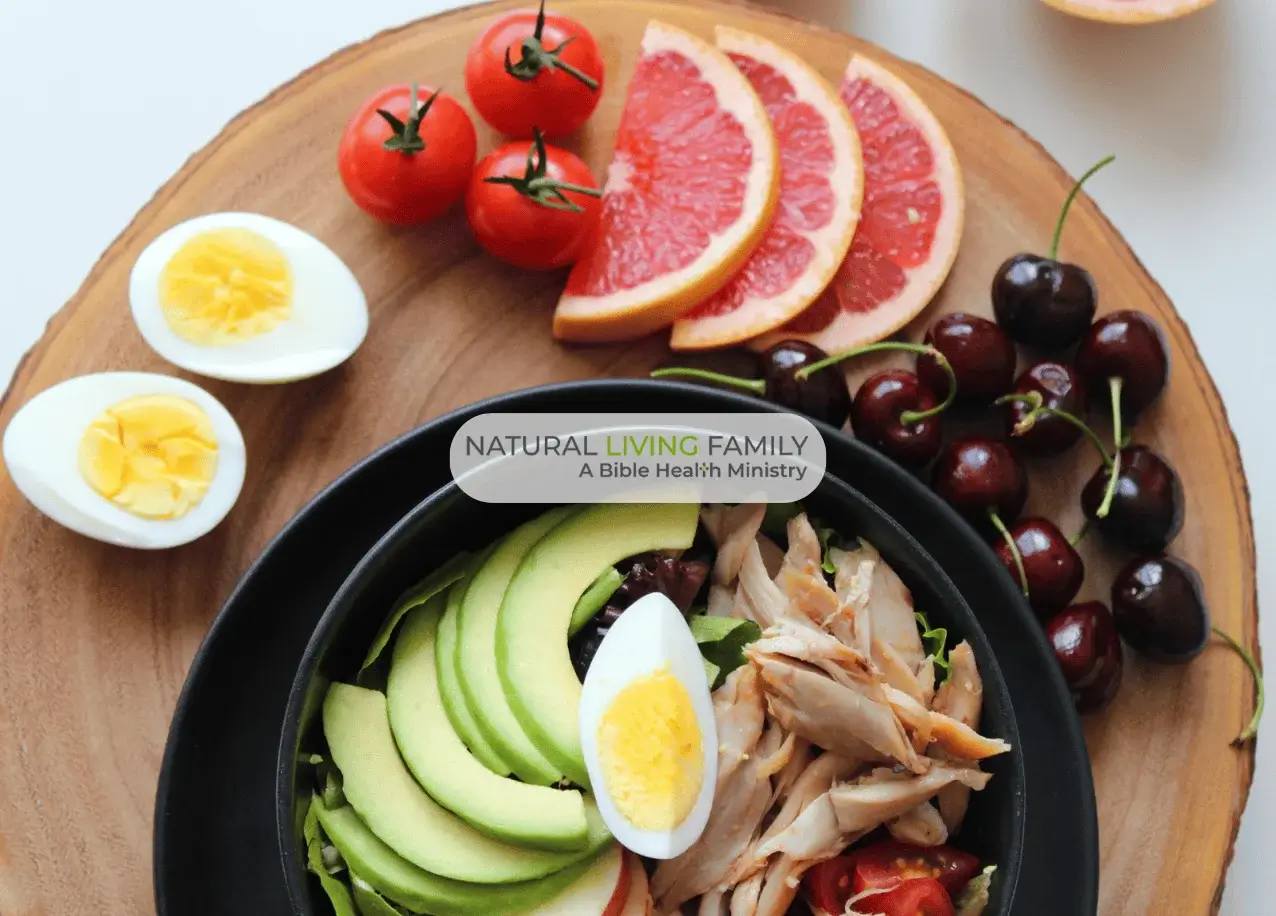At the heart of the krill oil vs fish oil debate is the recommendation that people should supplement their diet with omega-3 fatty acids.
Why is this so important?
Simply put, as the global diet continues toward the trend of eating everything out of a box, omega-6 fatty acid processed vegetable oils and processed foods have caused most people’s omega-3/omega-6 ratio to go off kilter.
Table of Contents
A Balanced Omega-3:Omega-6 Ratio
According to a study published in Biomedicine and Pharmacotherapy,
“Several sources of information suggest that human beings evolved on a diet with a ratio of omega-6 to omega-3 essential fatty acids (EFA) of approximately 1 whereas in Western diets the ratio is 15/1-16.7/1. Western diets are deficient in omega-3 fatty acids, and have excessive amounts of omega-6 fatty acids compared with the diet on which human beings evolved and their genetic patterns were established.”
In the past 50 years, this lack of omega-3 fatty acids has led to a dramatic increase in chronic illnesses such as:
- Autoimmune diseases
- Cancer
- Cardiovascular disease
- Inflammatory diseases
Essentially, because high amounts of omega-6 fatty acids produce systemic inflammation in the human body, the more omega-3’s people eat, the less omega-6’s will be available to produce inflammation. This is not to say that omega-6 fatty acids are harmful. They’re quite necessary for life, but in moderation and in the 1:1 omega-3:omega-6 ratio.
The Research about Omega-3 Supplements
The likelihood that people are going to go Paleo or only eat fresh fruits, veggies, or nuts is slim to none. For most people, it’s virtually impossible to stay away from food out of a box. Everyone’s goal should be to limit their omega-6 rich vegetable oils and processed foods as much as possible and eat a diet rich in omega-3 fatty acid, which should include:
- Seeds (especially flax and chia)
- Nuts (especially walnuts)
- Wild caught fish (especially salmon, tuna, and sardines) (See why we avoid farm-raised fish.)
- Vegetables (especially spinach, kale, watercress and winter squash)
- Herbs (especially parsley, mint)
- Healthy oils (olive, cod liver, and krill)
When it comes to choosing an omega-3 supplement, the general consensus is that an ocean-based source is #1 because they contain a wide variety of fatty acids including Docosahexaenoic acid (DHA) and Eicosapentaenoic acid (EPA). However, according to the American Cancer Society,
“A re-analysis of 40 years of research suggests that omega-3 fatty acid supplements do not reduce cancer risk. Evidence so far does not show that fish oil supplements improve cancer-related weight loss.”
What does this tell us? It reminds us that we can’t believe everything we read on the Internet about fish oil and omega-3 fatty acids! Sadly American organizations like this are still making false claims about omega-3’s, whereas researchers across the globe are saying just the opposite. Take, for instance, this past June:
- Taiwanese researchers wrote, “Eicosapentaenoic acid (EPA) and Docosahexaenoic acid (DHA) are the major n-3 polyunsaturated fatty acids (PUFAs) in fish oil that decrease the risk of prostate cancer.”
- Czech researchers explained that DHA is effective at killing colon cancer as a standalone treatment and can also enhance current drug therapies.
- Indian researchers claim that, “Fish oil rich in n-3 polyunsaturated fatty acids has been preferred to chemosensitize tumor cells to anticancer drugs.” It was even revealed that fish oil improved “hematologic depression, gastrointestinal, hepatic and renal toxicity!”
Benefits of Krill Oil vs. Fish Oil
Technically not a “fish,” krill are small, shrimp-like crustaceans that fuel the Earth’s marine ecosystems. They feed on phytoplankton and, because they are the primary food staple for hundreds of fish, birds, and whales, they are absolutely vital for sea life.
In the words of National Geographic, “Simply put, without krill, most of the life forms in the Antarctic would disappear!”
According to a few recent research studies, krill oil is quite possibly nature’s perfect source of omega-3 fatty acids, particularly DHA and EPA.
A Note About Sustainable Harvesting Practices
In the words of National Geographic, “Simply put, without krill, most of the life forms in the Antarctic would disappear!” Unfortunately, krill harvesting has huge environmental impacts that most manufacturers ignore. When purchasing krill oil, make sure that you “vote” for sustainable farming with your dollar and only support companies that ethically harvest this precious commodity.
References:
- Organic Facts. Health benefits of fish oil. [Internet]. Available at: https://www.organicfacts.net/health-benefits/oils/health-benefits-of-fish-oil.html.
- National Geographic. Krill. [Internet]. Available at: http://animals.nationalgeographic.com/animals/invertebrates/krill/.
- Vigerust NF, et al. Krill oil versus fish oil in modulation of inflammation and lipid metabolism in mice transgenic for TNF-α. Eur J Nutr 2013; 52(4):1315-25.
- Schuchardt JP, et al. Incorporation of EPA and DHA into plasma phospholipids in response to different omega-3 fatty acid formulations–a comparative bioavailability study of fish oil vs. krill oil. Lipids Health Dis 2011; 22;10:145.
- American Cancer Society. Omega-3 fatty acids. Available at: http://www.cancer.org/treatment/treatmentsandsideeffects/complementaryandalternativemedicine/dietandnutrition/omega-3-fatty-acids.
- Simopoulos AP. The importance of the ratio of omega-6/omega-3 essential fatty acids. Biomed Pharmacother. 2002 Oct;56(8):365-79.











